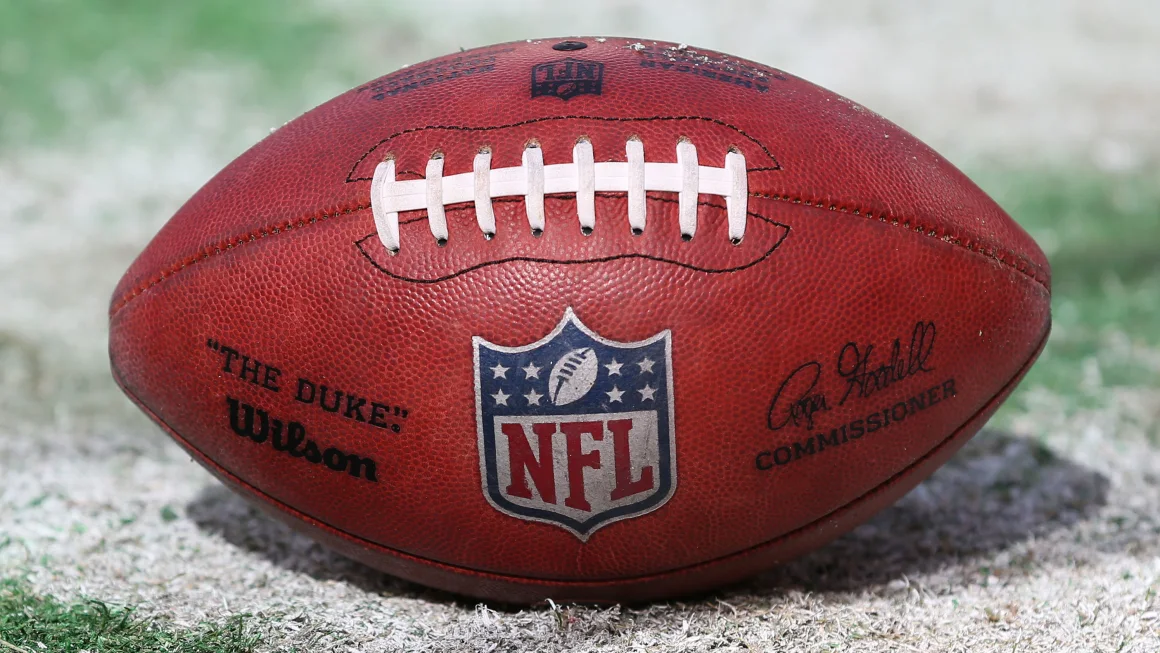Blog
NFL’s Unpopular Move: Playoff Game Exclusive to Peacock Sparks Backlash
The NFL’s recent decision to air the Kansas City Chiefs vs. the Miami Dolphins playoff game exclusively on the $5.99 per month Peacock streaming service has sparked criticism and accusations of greed. This marks only the second time in over 50 years that an NFL playoff game is not available for free nationwide, raising concerns about limited access and potential viewership decline.

While the NFL justifies this move as an “experiment” and a step toward embracing the future of streaming, critics argue that it contradicts the league’s tradition of offering playoff games free to a broad audience. The move to put a popular playoff game behind a paywall is viewed as a departure from previous practices and could lead to a significant drop in viewership.
The NFL cites its success in streaming regular season Thursday night games on Amazon Prime, emphasizing positive viewership numbers, especially among younger demographics. However, the exclusivity of the Peacock playoff game presents a unique challenge, differing from previous instances of airing games on cable or streaming platforms that were already paid for.
The decision is particularly noteworthy because the NFL is taking a widely popular free product and making it less accessible. The impact is expected to be felt, as past Saturday night playoff games have consistently drawn between 20 million and 27 million viewers. In contrast, Peacock currently has around 30 million subscribers, making it less likely to match the viewership levels of traditional network broadcasts.
The move to Peacock, with a significantly smaller subscriber base compared to platforms like Amazon Prime, has triggered dissatisfaction among fans and analysts. Critics argue that if the game were available on Amazon Prime, with its wider user base, more people would likely tune in. The decision to require a subscription to Peacock has raised concerns about limiting access to a broader audience.
Despite the NFL’s confidence in the success of this experiment, some critics believe that the move is primarily motivated by financial considerations. The NFL is reportedly receiving $110 million for the exclusive streaming rights to this playoff game, emphasizing the lucrative nature of the deal. For Peacock, struggling in a competitive streaming landscape, the exclusivity deal is seen as a means to bolster its paid subscriber base.
The backlash from fans and media raises questions about the impact on customer satisfaction, especially considering the NFL’s reliance on television contracts and the significant revenue generated from broadcasting rights. While the move may be financially beneficial for both the NFL and Peacock, the criticism highlights the tension between financial interests and maintaining a broad, accessible audience.
In response to the controversy, Chiefs defensive end Charles Omenihu has taken a charitable approach by raffling off 90 free 3-month subscriptions to Peacock on social media, expressing empathy for frustrated fans. The move to exclusive streaming platforms for major playoff games remains a contentious issue, reflecting the ongoing evolution and challenges within the sports broadcasting landscape.
